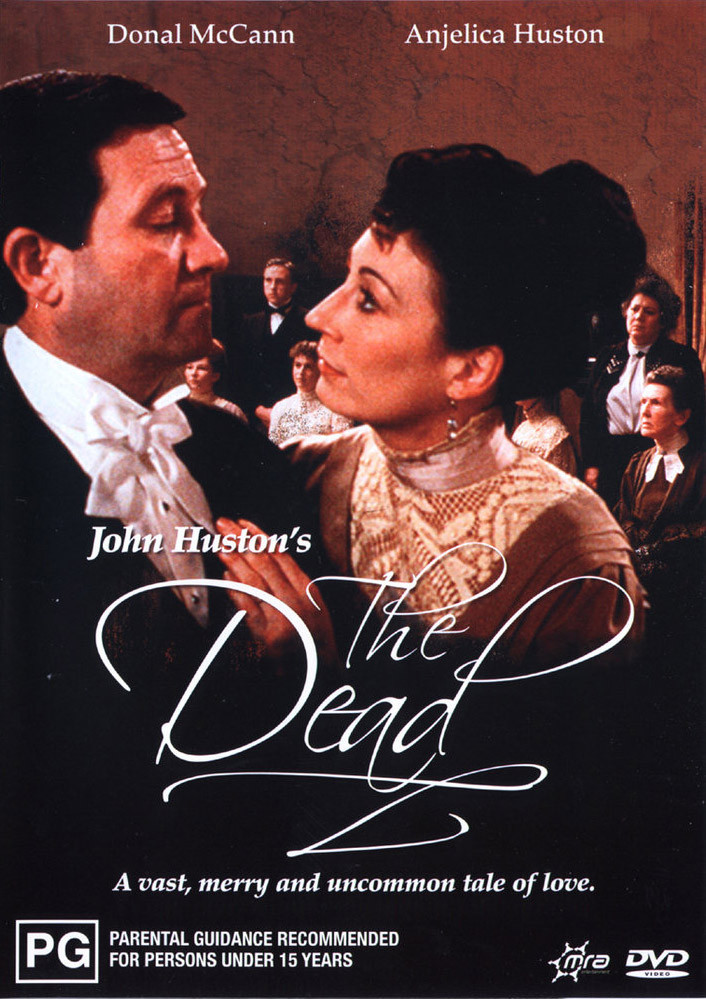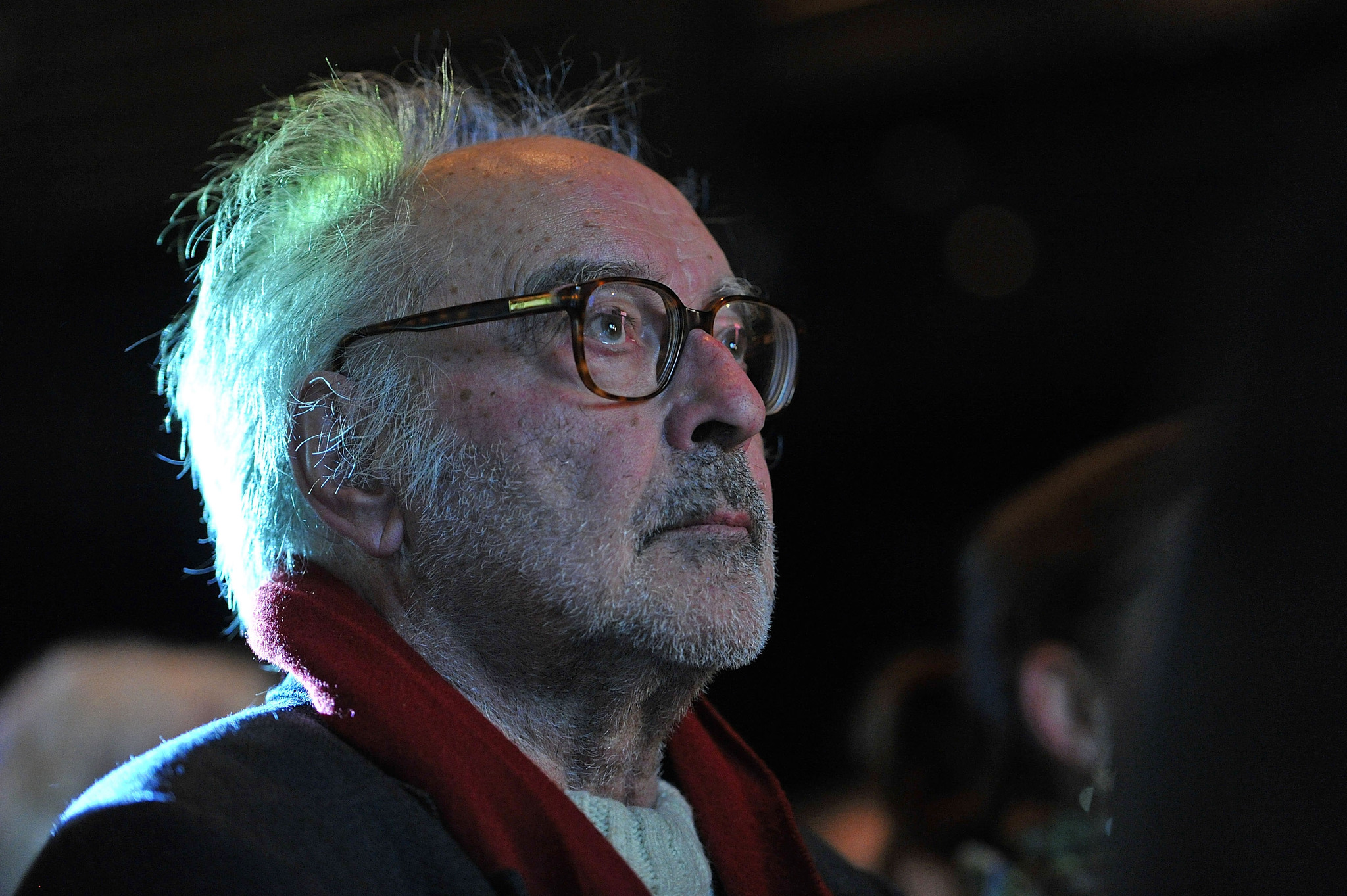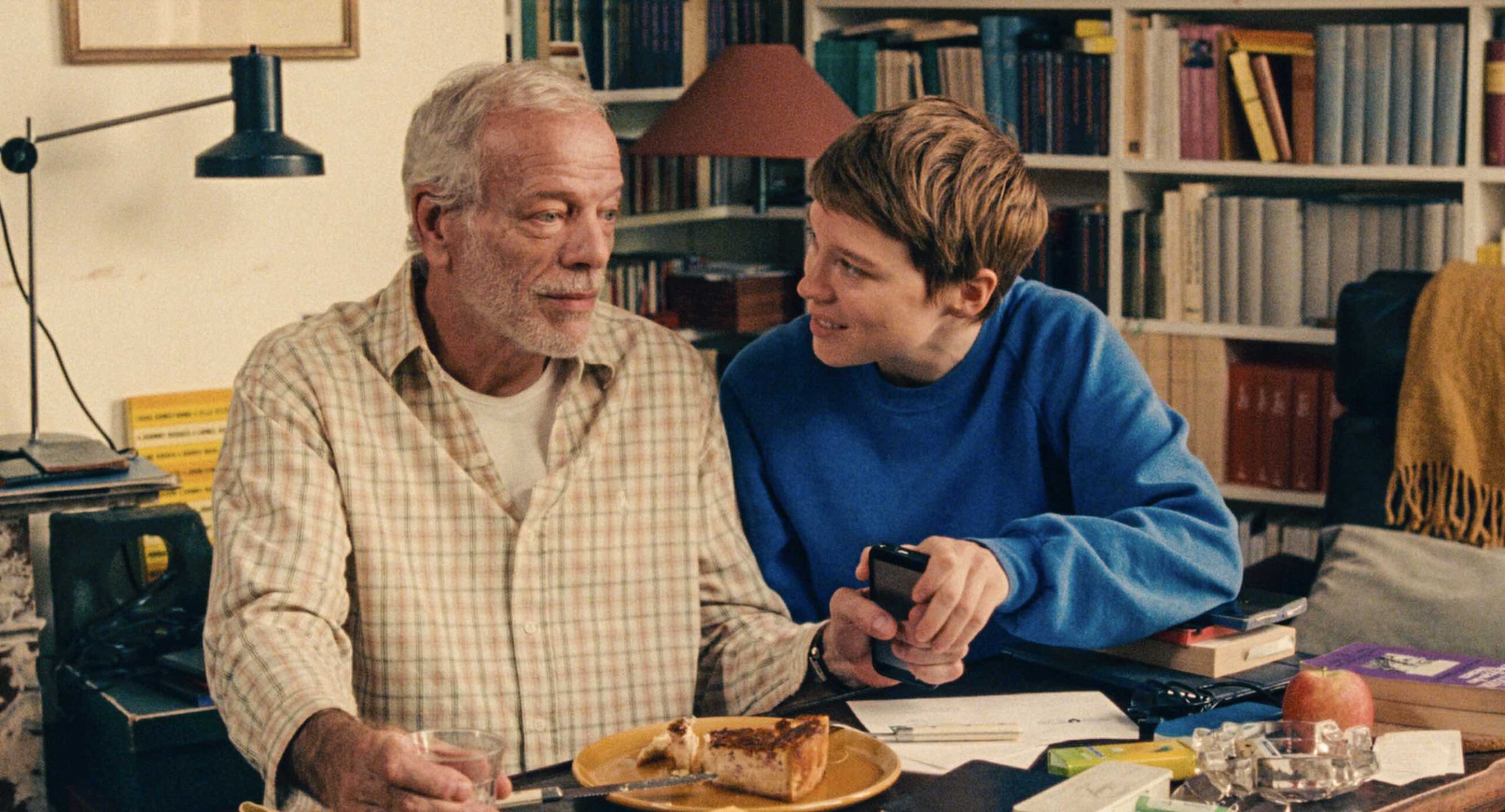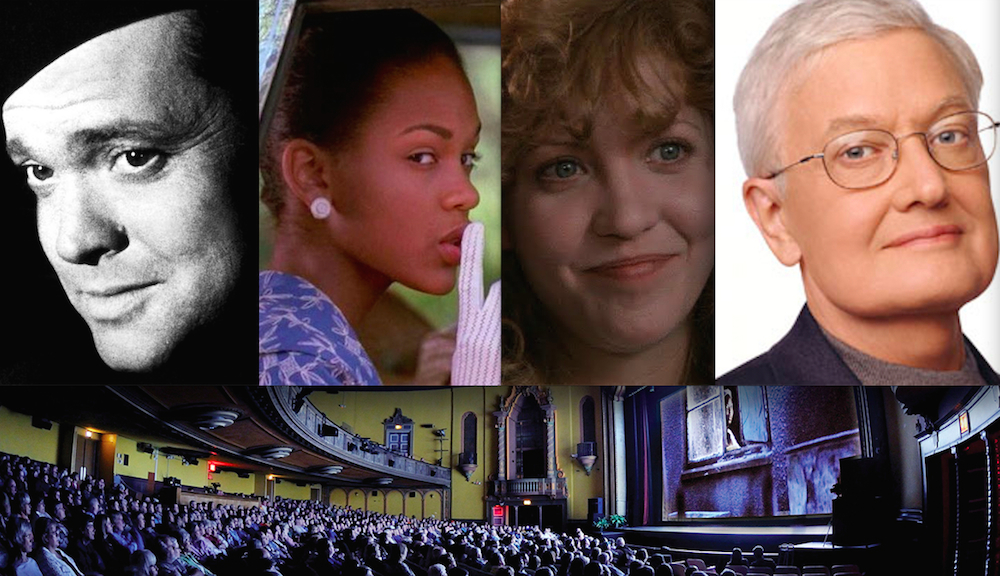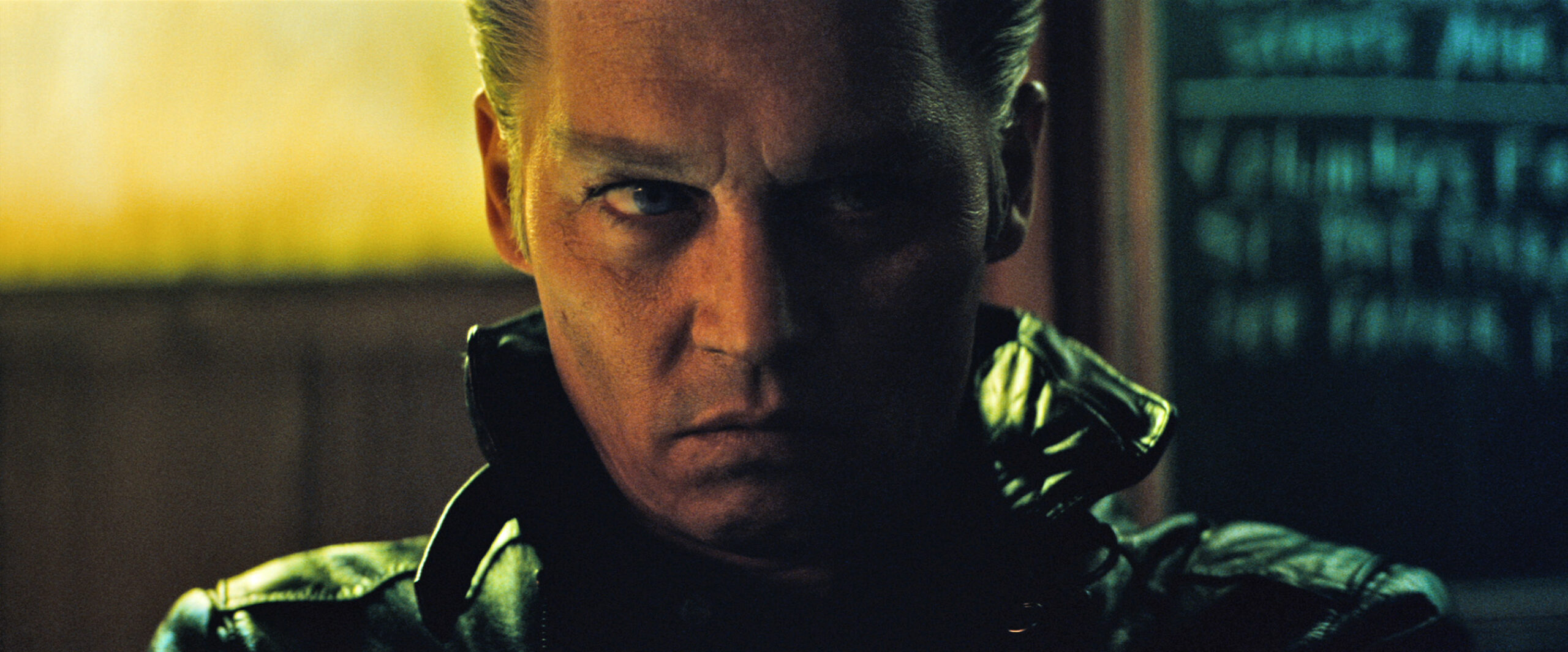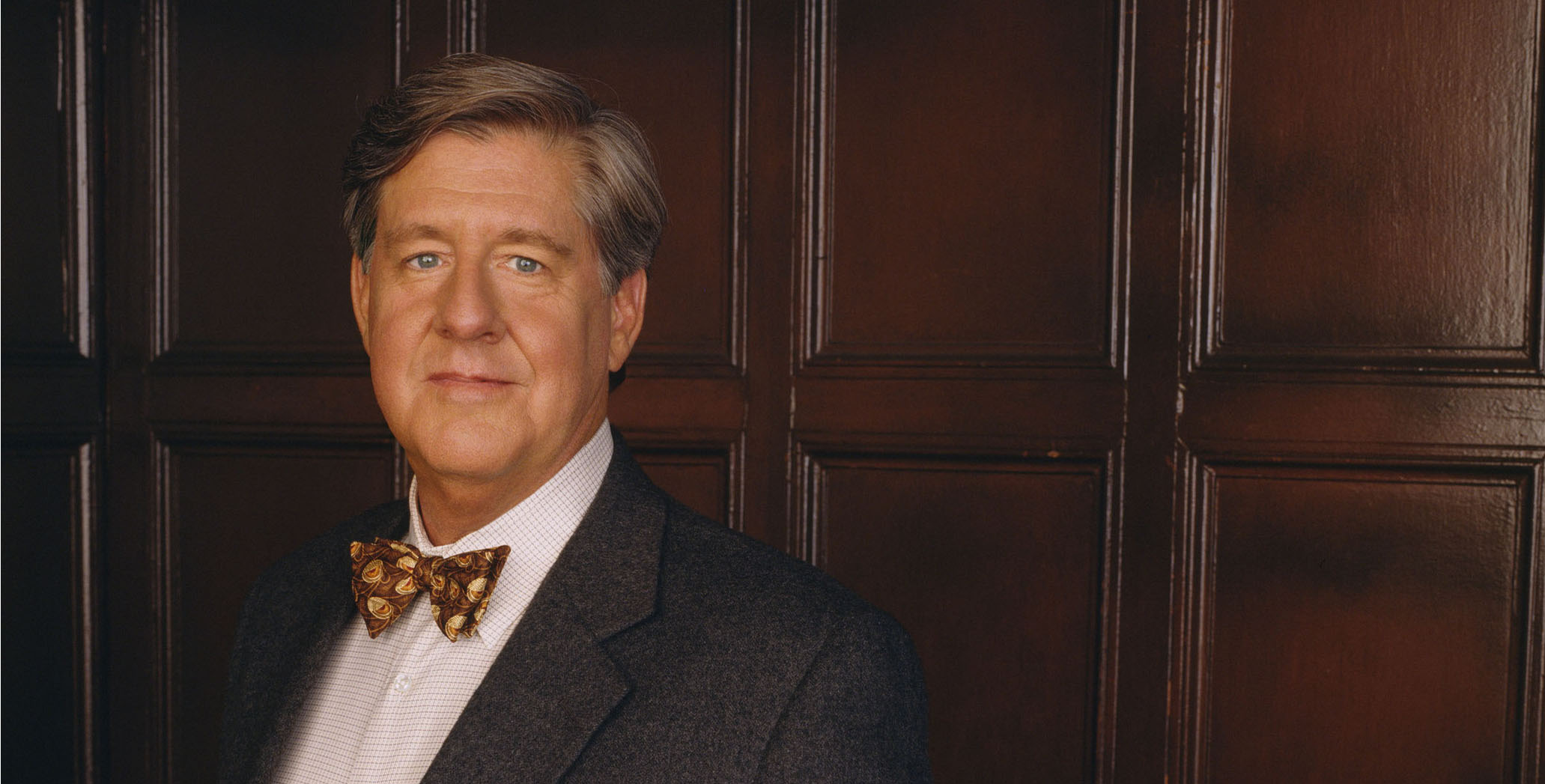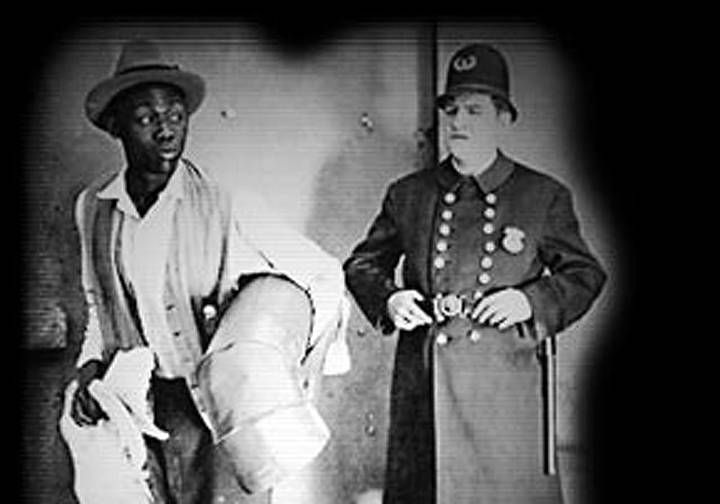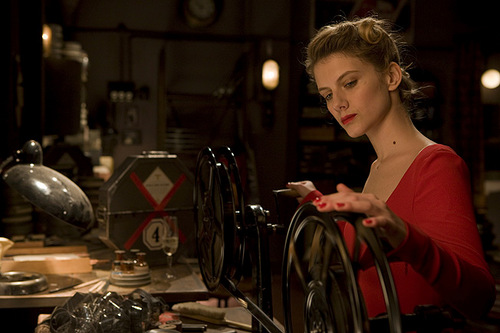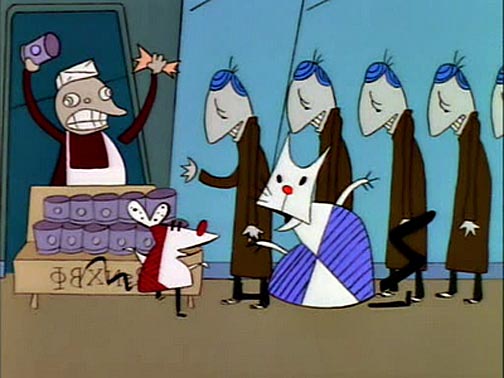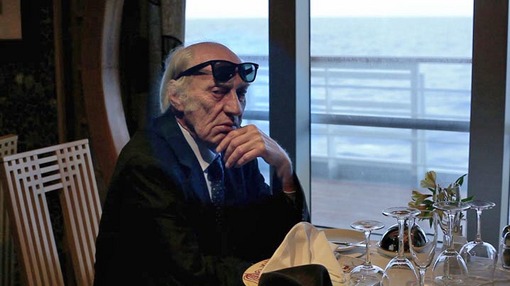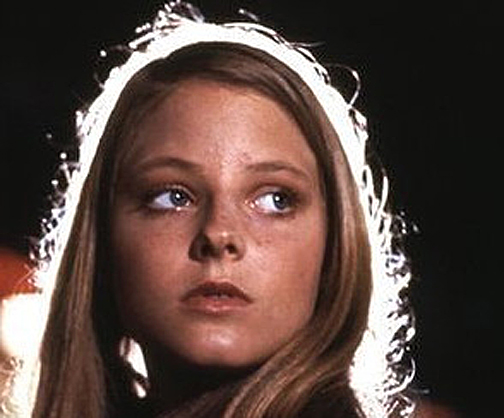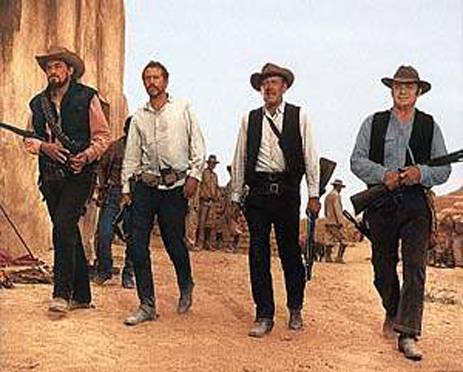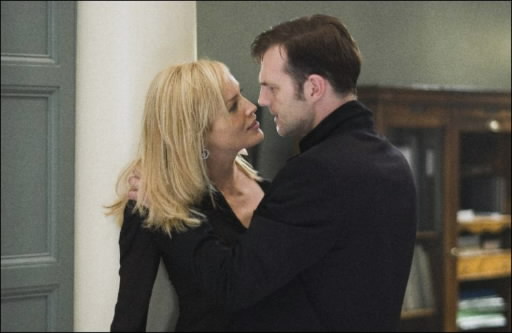James Joyce Movie Reviews
Blog Posts That Mention James Joyce
Cannes 2025 Video #9: Wrap Up
Chaz Ebert
TIFF 2024: The Room Next Door, Hard Truths
Brian Tallerico
Cannes 2024: It’s Not Me, Filmlovers!, Misericordia
Isaac Feldberg
Image is Happiness: Jean-Luc Godard (1930-2022)
Dan Callahan
Cannes 2022: One Fine Morning, Brother and Sister, Mariupolis 2
Ben Kenigsberg
Roger, You Would Love Ebertfest 2016
Chaz Ebert
Of Rats and Men: “Black Mass” vs. “The Departed”
Niles Schwartz
RIP Edward Herrmann: Emmy Award-Winning Actor, Audio Book Voice of Roger Ebert
Chaz Ebert
Thumbnails 7/25/14
Matt Fagerholm
Insanity Set to Pop Culture Deconstruction
Charlie Schmidlin
Stepin Fetchit, then and now
Jim Emerson
Art that reaches backward and points forward
Jim Emerson
Contra-Basterds
Jim Emerson
A vast Waste Land (with footnotes) Part II
Jim Emerson
Film as battleground: Love, hate, indifference…
Jim Emerson
Drinking his way to hell
Seongyong Cho
Uncle Boonmee as a video installation
Seongyong Cho
My new job. In his own words.
Roger Ebert
O, Synecdoche, my Synecdoche!
Roger Ebert
‘Yes’ is elegant, bold, original, erotic
Roger Ebert
‘Gangs’ all here for Scorsese
Roger Ebert
Jodie Foster goes to college
Roger Ebert
A walk on the ‘Wild’ side
Roger Ebert
‘Basic’ rules of criticism
Roger Ebert
Movie Answer Man (06/01/2003)
Roger Ebert
Movie Answer Man (02/26/1995)
Roger Ebert
Popular Reviews

The best movie reviews, in your inbox
